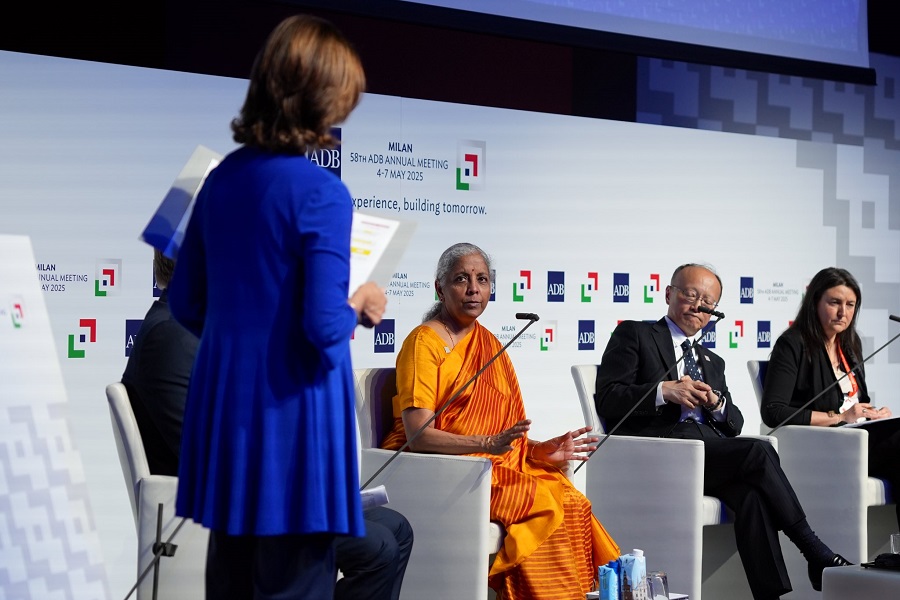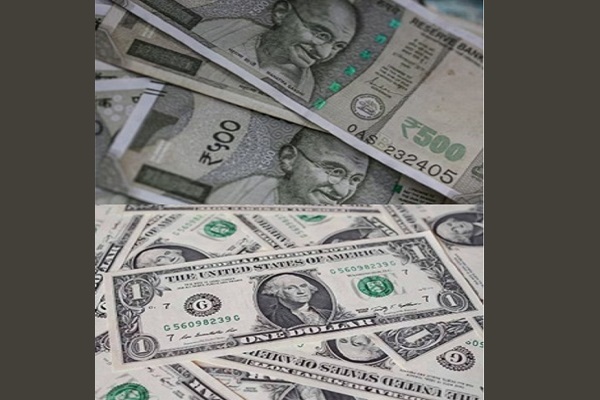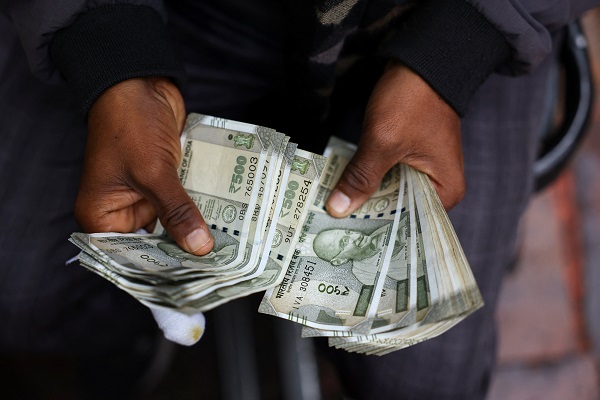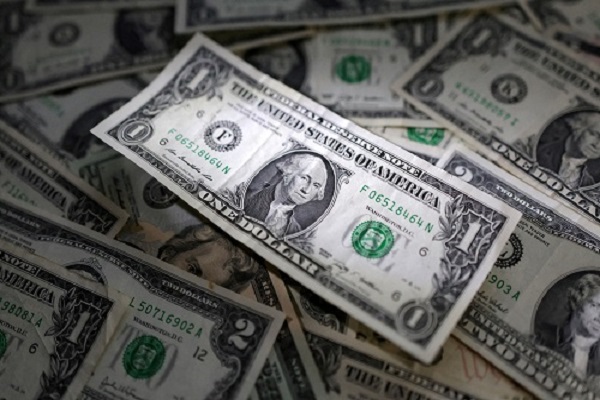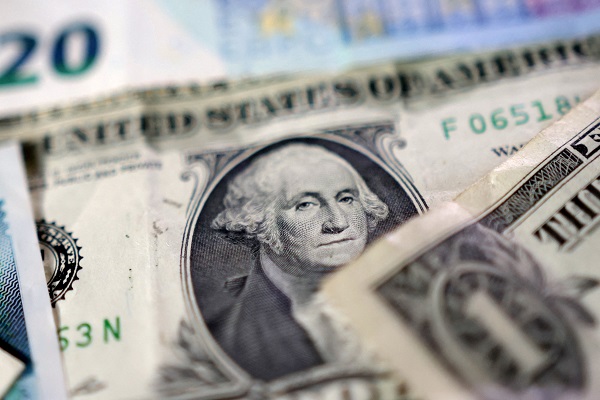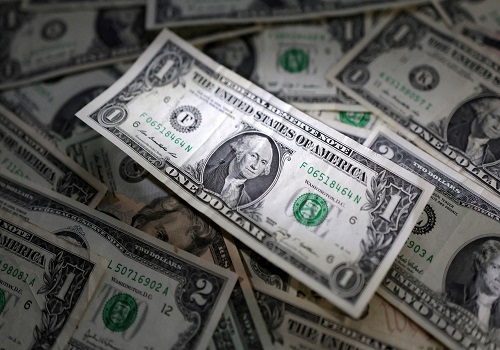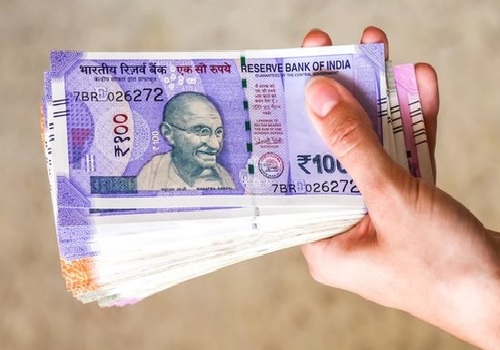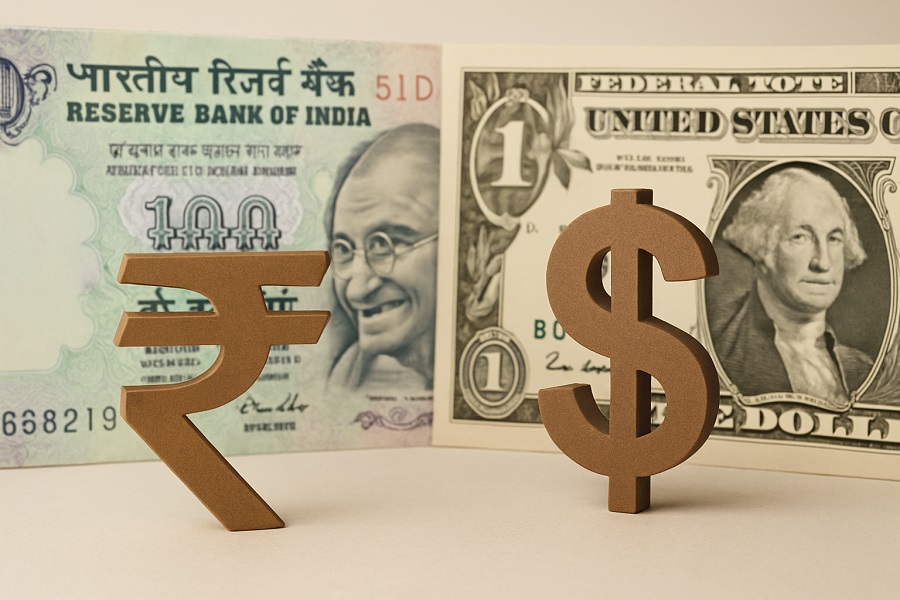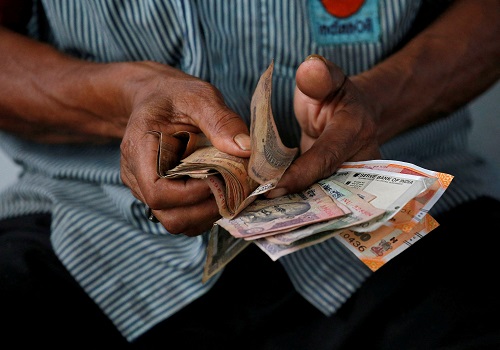Dollar holds losses after Donald Trump announces Japan trade deal

The dollar stayed weak on Wednesday, having lost ground overnight, after U.S. President Donald Trump announced a trade deal with Japan ahead of an impending tariff deadline.
The U.S. currency has been one of the biggest losers since Trump announced sweeping tariffs on trading partners on April 2, only to delay and suspend most of the duties as his administration sought bilateral trade deals. The yen flipped to losses on the day after a report that Japanese Prime Minister Shigeru Ishiba intends to step down next month.
In a post on Truth Social, Trump said that a tariff rate of 15% was set on imports from Japan, down from the 25% rate that was expected to take effect from August 1, and added the Asian nation will invest $550 billion in the United States.
"Dollar softness seems to be our opening proposition," said Michael McCarthy, Market Strategist at Moomoo Australia.
"Clearly there's some dovishness infecting the market at the moment around the U.S. dollar and we're seeing that in the bond markets too."
The dollar traded at 146.90 yen, up 0.2% after having slid 0.5% in the previous session. The dollar index, which tracks the greenback against major peers, was little changed at 97.48 after a three-day decline. The gauge has lost 6.6% since Trump's "Liberation Day" tariff announcement on April 2.
U.S. Treasury Secretary Scott Bessent said on Monday the administration is more concerned with the quality of trade agreements than the timing.
Asked whether the deadline could be extended for countries engaged in productive talks with Washington, Bessent said Trump would make that decision.
Uncertainty over the eventual state of tariffs globally has been a huge overhang for the foreign exchange market, leaving currencies trading in a tight range for the most part, even as stocks on Wall Street have scaled fresh highs.
Japan's all-important auto industry and rice imports were sticking points in protracted trade talks with the U.S. In his post on Truth Social, Trump said Japan would open to trade for U.S. cars, trucks, rice and certain agricultural products, among other items.
Ishiba told reporters in Tokyo that the deal would set a 15% tariff on imports of Japanese vehicles. Ishiba, whose ruling coalition lost its majority in upper house elections on Sunday, has made up his mind to announce his resignation by the end of August, the Mainichi newspaper reported.
The euro stood at $1.1736, down 0.2%. Sterling was little changed at $1.35180, off 0.1%.
Also weighing on investors' minds were worries about Federal Reserve independence, given Trump has repeatedly railed against Chair Jerome Powell and urged him to resign because of the central bank's reluctance to cut interest rates.
Bessent on Monday took a softer stance, saying there is no need for Powell to step down immediately, adding that he should see through the end of his term in May if he wants.













